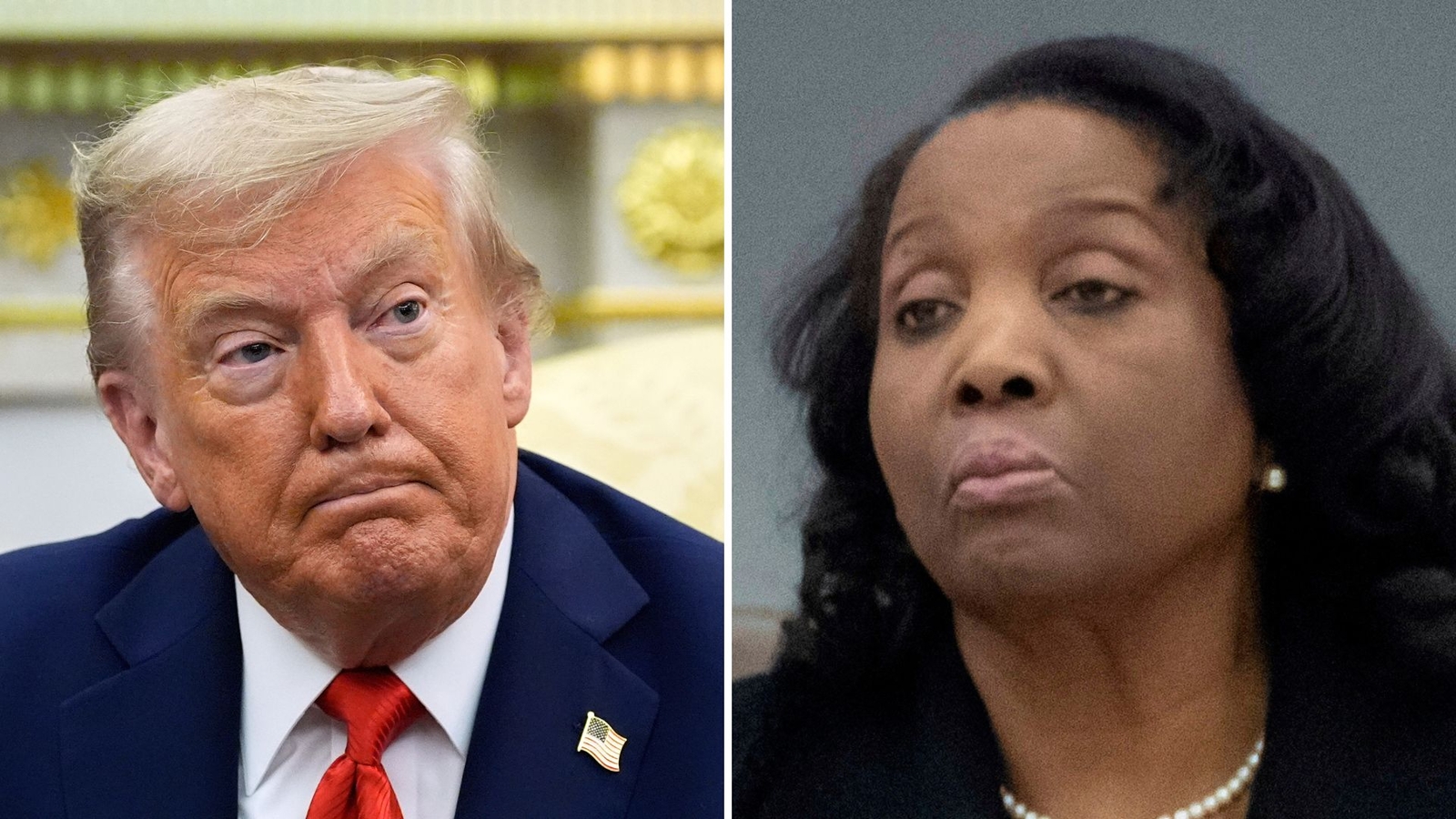
"WASHINGTON -- President Donald Trump's attempt to fire one of the seven governors of the Federal Reserve will likely end up in court and could more clearly define the limits of the president's legal powers over the traditionally independent institution. Legal experts say the Republican president's claim that he can fire Lisa Cook, who was appointed by Democratic President Joe Biden, is on shaky ground."
"If Trump succeeds in removing Cook from the board, it could erode the Fed's political independence, which is considered critical to its ability to fight inflation because it enables the Fed to take unpopular steps like raising interest rates. A less-independent Fed could leave Americans paying higher rates for mortgages, car loans and business loans, because investors could demand higher rates to own bonds to offset greater inflation, pushing up borrowing costs throughout the economy."
""It's an illegal firing, but the president's going to argue, 'The Constitution lets me do it,'" said Lev Menand, a law professor at Columbia University and author of a book about the Fed. "And that argument's worked in a few other cases so far this year." Menand said the Supreme Court construes the Constitution's meaning, and "it can make new constitutional law in this case.""
President Trump attempted to remove Federal Reserve governor Lisa Cook, a move likely to prompt litigation and clarify presidential removal powers. Legal experts consider the claim that the president can fire Cook to be legally uncertain, while noting the Supreme Court has recently allowed broader presidential removal authority. Removing Cook could undermine the Fed's political independence, impairing its ability to fight inflation and prompting higher borrowing costs for mortgages, cars and businesses. Cook will likely seek an injunction to remain on the board. The Fed faces its own legal duty to assess the legality of any removal order.
Read at ABC7 Los Angeles
Unable to calculate read time
Collection
[
|
...
]